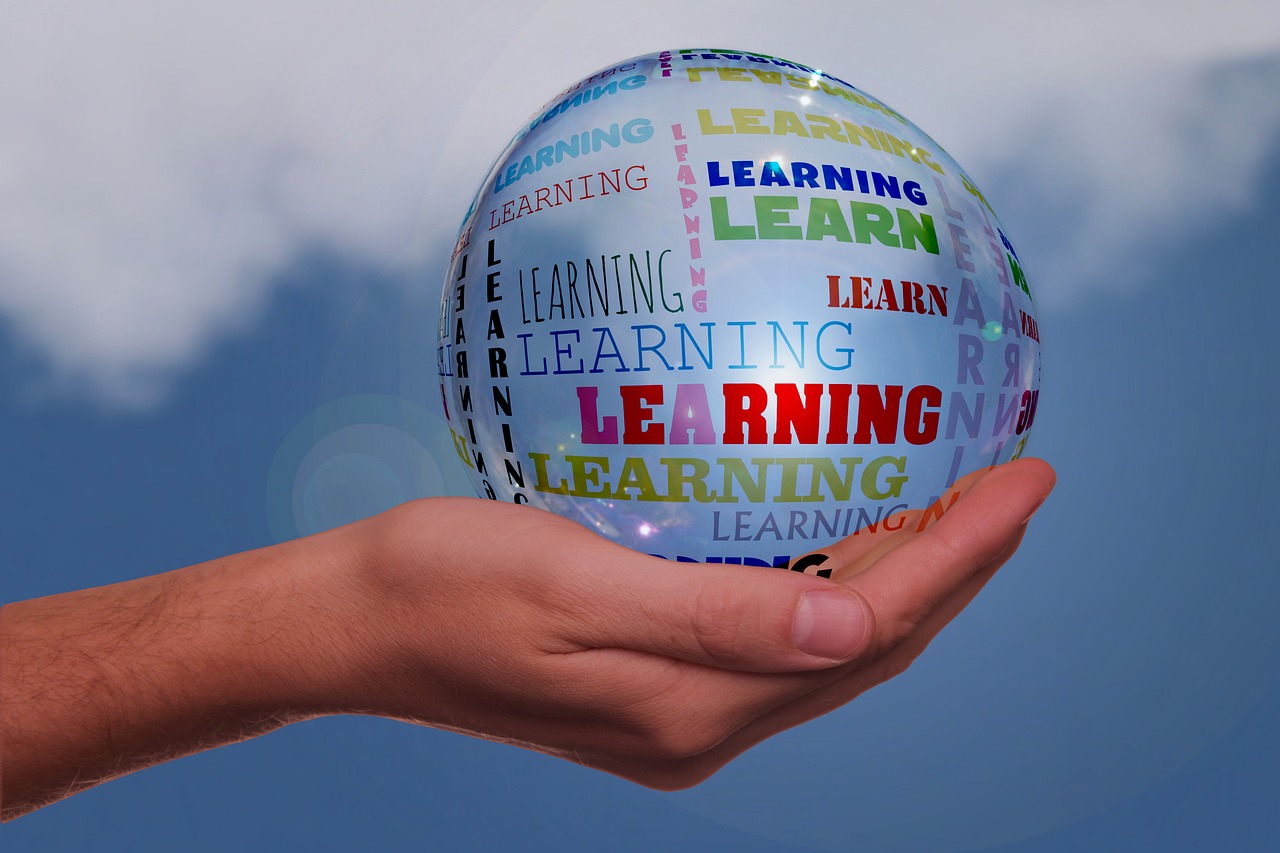Teaching Emotional Literacy: Nurturing Self-awareness and Empathy
Emotional literacy refers to the ability to understand and manage one’s own emotions effectively. It involves being aware of your feelings, recognizing them, and being able to express them in a healthy and constructive manner. In addition, emotional literacy also involves being able to perceive and empathize with the emotions of others, thus enhancing interpersonal relationships and communication.
Individuals who possess emotional literacy are better equipped to navigate various social interactions and manage conflicts in a more productive way. They are able to regulate their emotions in challenging situations, reducing the likelihood of impulsive reactions. Developing emotional literacy can lead to improved mental well-being, as individuals are more in tune with their emotions and better able to cope with stress and challenges.
Emotional literacy involves understanding and managing one’s own emotions effectively
It includes being aware of feelings, recognizing them, and expressing them in a healthy manner
Emotional literacy also involves perceiving and empathizing with the emotions of others
Individuals with emotional literacy can navigate social interactions and conflicts more effectively
Developing emotional literacy can lead to improved mental well-being
Benefits of Emotional Literacy
Emotional literacy enables individuals to navigate their emotions effectively, resulting in improved communication and relationships with others. By understanding and managing their feelings, people can express themselves clearly and empathize with others’ emotions, fostering healthier interactions and connections in both personal and professional settings. This heightened emotional intelligence also enables individuals to make better decisions, as they are more attuned to their own needs and values.
Moreover, emotional literacy enhances mental well-being and reduces stress levels by providing individuals with the tools to cope with challenging situations. By recognizing and regulating their emotions, people can avoid becoming overwhelmed by stress and anxiety, leading to improved mental health and resilience. This ability to manage emotions not only benefits individuals personally but also has a positive impact on their overall productivity and performance in various aspects of life.
How to Develop Self-awareness
To develop self-awareness, start by setting aside time each day for reflection. Take a few moments to think about your thoughts, feelings, and behaviors without any distractions. Acknowledge both positive and negative aspects of yourself without judgment.
Another way to increase self-awareness is to engage in mindfulness practices. This can include activities such as meditation, deep breathing exercises, or simply being fully present in the moment. By tuning into your thoughts and emotions without trying to change them, you can cultivate a greater understanding of yourself.
What is emotional literacy?
Emotional literacy is the ability to recognize, understand, and manage our own emotions, as well as the emotions of others.
What are the benefits of emotional literacy?
Developing emotional literacy can lead to improved self-awareness, better communication skills, stronger relationships, and increased emotional intelligence.
How can I develop self-awareness?
You can develop self-awareness by practicing mindfulness, journaling your thoughts and feelings, seeking feedback from others, and reflecting on your actions and behaviors.







